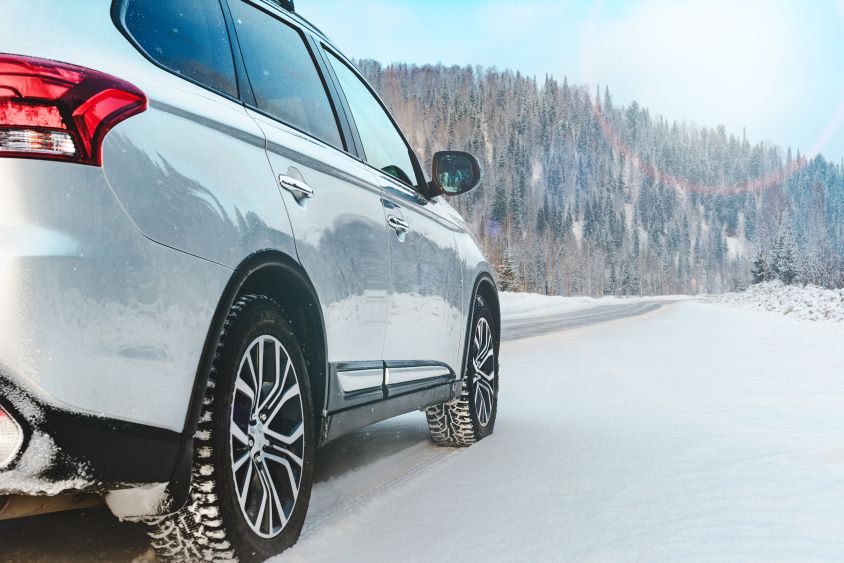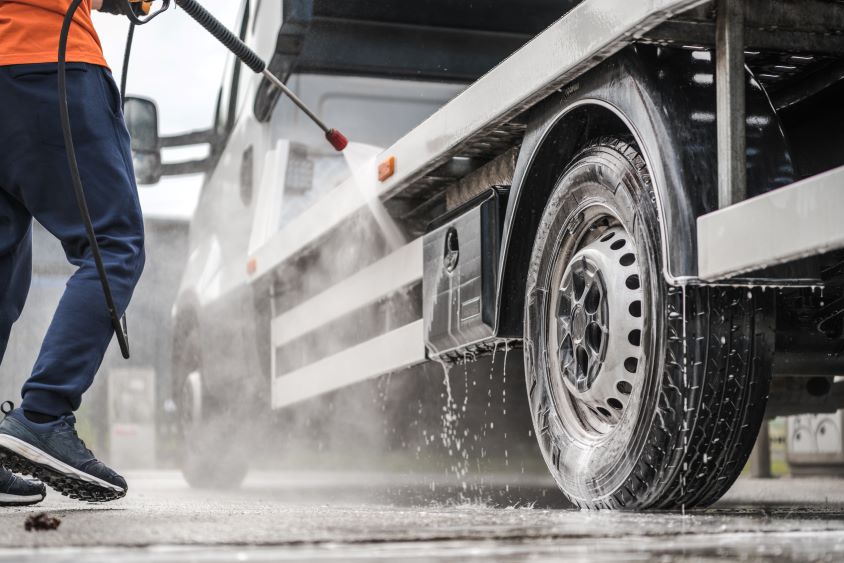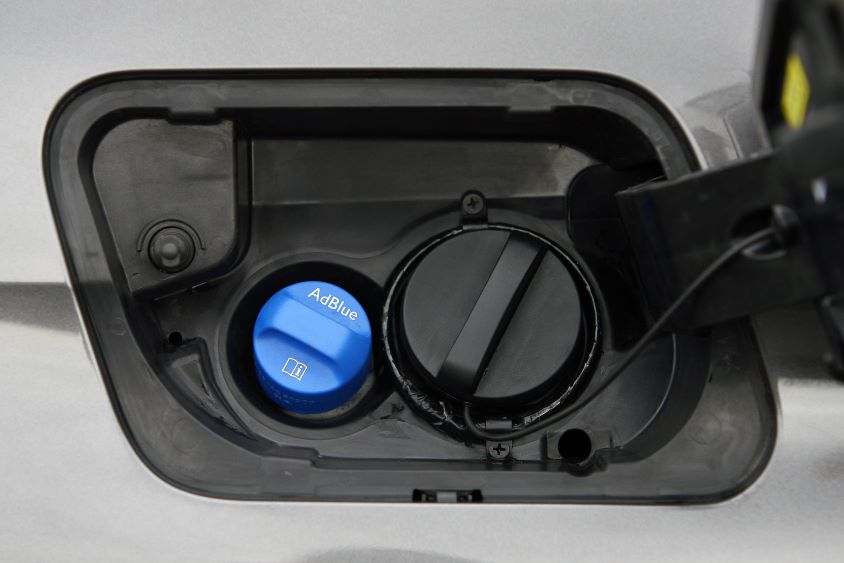Did you know that to help keep vehicles moving throughout the cold season, diesel fuels are specially formulated for the winter from the middle of November right through to the middle of March?
Naturally, you want your vehicle to be reliable at all times and never more so than during cold winter weather. But that’s when it can let you down.
Picture the scene – you jump into your vehicle first thing and find it won’t start. Or you travel just a short distance before it begins to splutter and maybe even comes to a standstill.
This is due to a phenomenon known as diesel waxing and that’s why fuel suppliers are required to change their diesel fuels from summer to winter quality between November and March each year – to help keep vehicles on the road as the temperature drops.
Diesel waxing
To understand the problem, consider the composition of diesel fuel. It’s not a single substance but a complex mixture of hundreds of components that ‘freeze’ over a range of temperatures.
That mixture includes components called paraffins and as the temperature falls some of these species come out of solution as wax crystals. As the temperature drops further a network of crystals can form and grow unchecked, eventually preventing the fuel from flowing.
The problems you can encounter in harsh winter conditions are due to these wax crystals clogging the lines and filters in your vehicle’s fuel system. That’s why refineries add a special flow-improving ingredient to diesel fuel in the coldest months to boost its low temperature performance.
With treatment, the size and shape of the crystals are modified so they are less likely to block the fuel system, and so helping your vehicle to start and run reliably in cold winter weather.
Winter driving tips
Besides ensuring you have winter quality fuel in your tank, winter driving is also about being prepared in other ways – and staying safe.
For your vehicle
- Help protect your vehicle against diesel waxing by taking some simple precautions such as garaging it or parking in a sheltered spot overnight.
- Regular vehicle servicing and maintenance are particularly important during winter months, making sure that fuel filters are changed at the manufacturer’s recommended intervals.
- Regularly check lights, wipers and tyre condition and pressures. Depending upon your location, consider fitting winter tyres.
For your drivers
Do your driver carry an emergency kit at all times?
The average call out time for breakdowns in the UK at this time of year is 90 minutes! Often the time taken for recovery is greater – particularly in severe weather.
Ask yourself – would you be happy for your drivers to be waiting for 90 minutes at the side of the road with the current contents of their vehicle at the moment?
Below is a list of things that may help you should drivers be in this situation.
- Warm clothing – hats, gloves, blanket
- First Aid kit
- Water
- Torch
- Something to eat! Biscuits bars, chocolate
- Snow shovel or something similar
- High viz clothing
- Mobile phone charger
- Warning triangle
- Sunglasses
If you want to start saving your diesel & petrol bills, then look no further than our own BP fuelcard, for more information, click here: https://www.fuelcardservices.com/brand-bp/





